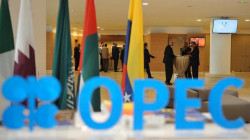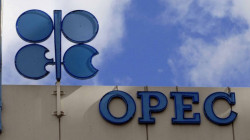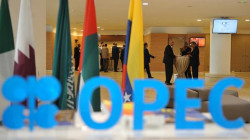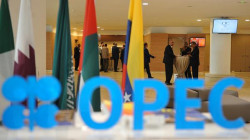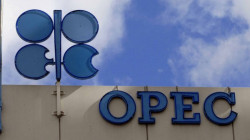Iraq reduces OPEC oil production

Shafaq News / Reuters disclosed, on Tuesday, that the oil production of some OPEC nations decreased during April 2024 following the OPEC+ agreement.
According to a Reuters survey, Iraq, Iran, and Nigeria experienced a reduction in oil output in April due to the continued voluntary supply cuts by some members, as agreed within the broader OPEC+ alliance.
The survey indicated that OPEC pumped 26.49 million bpd this month, down by 100,000 bpd from the March average total.
Several OPEC+ members agreed to voluntary cuts in January to address economic weakness and increased supplies from non-group members.
In March, producers agreed to extend the voluntary cut decision until the end of June.
OPEC+ countries are scheduled to meet on June 1 to decide on the next steps regarding production policy.
Reuters' survey concluded that most of the production cuts in April came from Iraq, Iran, and Nigeria.
In March, Iraq pledged to cut exports to compensate for exceeding its OPEC target. However, recent data showed non-compliance with this commitment. According to the survey, April's production witnessed a slight decline compared to the previous month.
Iran's output, exempt from quotas, dropped from the revised March figures, which equaled the highest level in five years in November 2023.
Despite ongoing US sanctions, Iran recorded one of the largest production increases within OPEC in 2023.
Nigeria's output decreased along with reduced exports, according to some ship-tracking companies, while Nigerian production was briefly affected by a power outage.
The survey showed that OPEC's production exceeded targeted cuts by around 140,000 bpd in April, largely due to increased pumping by Iraq and Gabon, while Nigeria pumped less than targeted, contrary to earlier in the year.
The survey indicated an increase in Saudi production, with minor increases in the Republic of Congo, Equatorial Guinea, and Gabon.
Reuters' survey aims to track supply in the market and relies on shipping data from external sources, flow data from the London Exchange Group, and information from flow-tracking companies like Petro-Logistics and Kpler, as well as input from oil companies, OPEC, and consultants.

